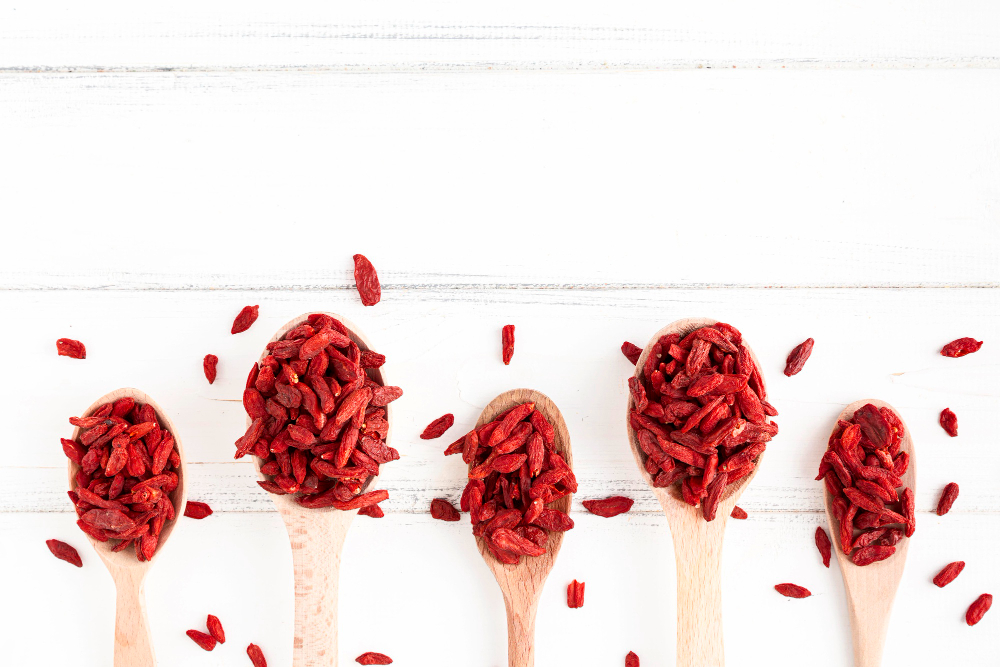The Best Supplements for SIBO: What Helps Heal and Manage Symptoms

Small Intestinal Bacterial Overgrowth (SIBO) occurs when there is an abnormal increase in the number of bacteria in the small intestine. These bacteria interfere with digestion, causing symptoms like bloating, gas, abdominal discomfort, and diarrhea. Treating SIBO often requires a multifaceted approach, combining antibiotics, dietary changes, and supplements to restore balance in the gut microbiome.
Supplements can play a key role in managing SIBO symptoms and promoting overall digestive health. In this article, we’ll explore the best supplements for SIBO, including digestive enzymes, probiotics, herbal remedies, and vitamins that can help manage symptoms and heal the gut.
1. Digestive Enzymes: Improving Digestion and Reducing Symptoms
Digestive enzymes are one of the most effective supplements for individuals with SIBO. These enzymes help break down proteins, fats, and carbohydrates, improving the digestive process and reducing symptoms like bloating, gas, and abdominal discomfort.
When the bacteria in the small intestine ferment undigested food, it produces excess gas, leading to discomfort. Bioma Digestive Enzymes can help alleviate this by assisting in the breakdown of food before it reaches the bacteria, reducing fermentation and improving nutrient absorption.
By supporting digestion, Bioma Digestive Enzymes can alleviate some of the discomfort caused by SIBO and help restore gut balance. For more information, visit Bioma Digestive Enzymes.

2. Probiotics: Restoring the Balance of Gut Bacteria
While probiotics are generally beneficial for gut health, their role in SIBO treatment is somewhat complex. In some cases, certain strains of probiotics can help rebalance the gut microbiome, promoting the growth of beneficial bacteria while reducing harmful bacterial overgrowth. However, not all probiotics are suitable for people with SIBO, as some can exacerbate symptoms by increasing fermentation in the gut.
For individuals with methane-producing bacteria, it’s essential to choose probiotics carefully, as some strains can increase gas production. Effective probiotics for SIBO include:
- Lactobacillus acidophilus: Known for promoting gut health and reducing intestinal inflammation.
- Bifidobacterium bifidum: Helps to improve gut motility and reduce bloating.
3. Herbal Remedies: Natural Antimicrobials for SIBO
Several herbal remedies have antimicrobial properties and have shown promise in treating SIBO. These natural supplements can help reduce bacterial overgrowth in the small intestine without the harsh side effects of antibiotics.
Common Herbal Remedies for SIBO:
- Oregano oil: Contains carvacrol and thymol, which have antimicrobial properties that can reduce intestinal bacteria.
- Berberine: A plant compound with antibacterial properties, berberine has been shown to help reduce SIBO symptoms and rebalance gut bacteria.
- Garlic: Known for its natural antimicrobial and anti-inflammatory properties, garlic can help fight harmful bacteria in the small intestine.

4. Vitamins and Minerals: Supporting Gut Health
Vitamin and mineral supplements are essential for those with SIBO, as the condition can interfere with nutrient absorption. People with SIBO often experience deficiencies in important nutrients due to impaired digestion and malabsorption.
Important Vitamins and Minerals for SIBO:
- Vitamin B12: SIBO often leads to B12 deficiency, as the bacteria in the small intestine consume the vitamin before the body can absorb it. Supplementing with B12 can help restore optimal levels.
- Vitamin D: Deficiency in Vitamin D is common in individuals with digestive disorders. It plays an essential role in immune function and overall gut health.
- Magnesium: Magnesium deficiency can occur with SIBO, leading to muscle cramps, fatigue, and digestive issues. Magnesium supplementation can support digestion and reduce constipation, a common issue in some SIBO patients.

5. Fiber Supplements: Supporting Digestion and Motility
Fiber plays an essential role in maintaining digestive health. For those with SIBO, prebiotic fiber can help improve gut motility and support the growth of beneficial bacteria. However, it’s important to note that high-FODMAP fibers should be avoided as they can exacerbate SIBO symptoms.
Types of Fiber Supplements:
- Psyllium husk: A soluble fiber that helps regulate bowel movements and supports gut motility.
- Acacia fiber: A gentle, low-FODMAP fiber that promotes healthy digestion without triggering gas or bloating.
Choosing the Right Supplements for SIBO
SIBO is a complex condition that requires a comprehensive treatment approach, including antibiotics, dietary adjustments, and supplements. The best supplements for managing SIBO include digestive enzymes, probiotics, herbal remedies, and vitamins, all of which help restore balance in the gut microbiome and reduce discomfort caused by bacterial overgrowth.
For those struggling with digestive discomfort caused by SIBO, Bioma Digestive Enzymes can be a valuable addition to your treatment plan. These enzymes help break down proteins, fats, and carbohydrates more efficiently, supporting digestion and reducing bloating and gas—common symptoms of SIBO.
Related articles



